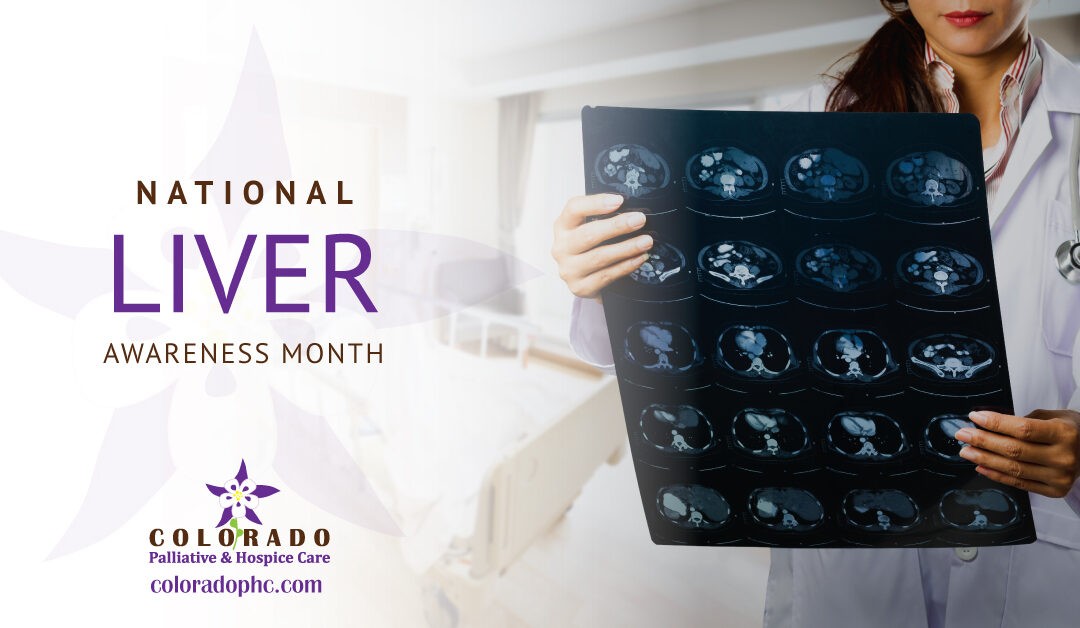October is Liver Awareness Month — a month designated as a time to recognize and raise awareness about the importance of liver health and the causes of liver disease. Our livers serve many vital functions, including:
- Breaking down, creating, and balancing nutrients from food
- Storing energy
- Cleaning the blood
- Controlling blood clots
- Fighting infection
According to the American Liver Foundation, there are more than 100 different liver diseases that are caused by:
- Viruses
- Genetics
- Autoimmune disease
- Excessive alcohol use
- Poor diet and obesity
- Reactions to medications, street drugs, or toxic chemicals
Although many people live with liver disease not feeling sick or aware that any kind of damage is taking place, there are some common signs of liver disease to watch for:
- Nausea and vomiting
- Abdominal pain
- Fatigue
- Yellow-colored skin and eyes
- Dark urine
- Weight loss
It’s important to note that symptoms can vary depending on the specific type of liver disease and/or cause of damage.
Common types of liver disease include:
- Hereditary disorders
- Hepatitis
- Liver cancer
- Alcoholic liver disease
- Fatty liver disease
- Cirrhosis
End of Life Liver Disease and Hospice Care
Liver disease is the third most common cause of death among working people, and a reason why people seek out hospice and palliative care.
A hospice team will educate the patient and their family about the disease and managing it as well as preparing them for what to expect in the final days. These services help make the situation more peaceful, comfortable, and tolerable. In fact, studies have shown that patients with liver issues often learn about hospice service when it’s too late and would likely benefit even more from the services, resulting in a better quality of life if they would have started these services earlier.
End of Life Liver Disease and Palliative Care
Patients dealing with liver-related health conditions and diseases are encouraged to look into palliative care options. This medical philosophy focuses on the patient’s quality of life more than treatment methods that may be risky without great odds. Palliative care helps patients with effective pain management methods instead of more painful treatments. Sometimes, palliative care patients can even receive their treatments at home instead of staying in a high-stress clinical environment, such as a hospital.
If you’d like to learn more about managing end of life liver disease comfortably, contact us today.

